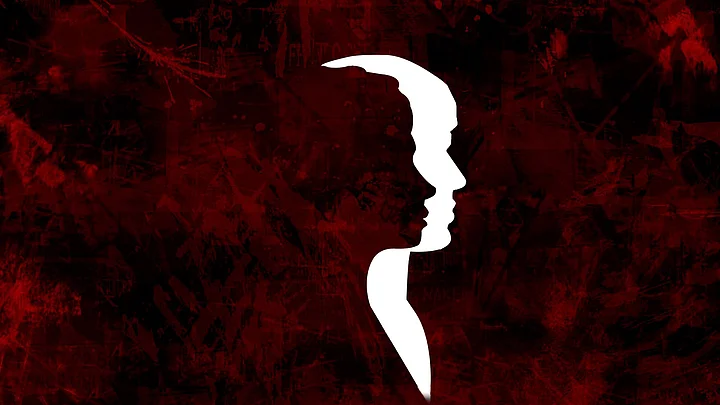As a child, I used to live in a bubble about a surname being something we chose for ourselves just to make our names sound fancy. Little did I know that this very surname which we attach to our identity is a symbol which over the years, has not only divided opinions but led to violence, disputes and murders.
Last week, at least on three days, my mornings began by waking up to news notifications of murders in two different parts of the country. One thing which was common in these killings was the cause for death, disguised as ‘honour’.
A young woman in Telangana, Tummala Swati, 20, was found dead on 17 May; she had married Amboji Naresh who belonged to a different caste. Apparently choosing a spouse not approved by the girl’s parents on the grounds of caste ultimately led to her death.
The very next day, a pregnant woman’s husband was killed in Jaipur after one-and-a-half years of marriage. It’s not surprising that the woman blamed her parents for having murdered her husband since the parents were Jats from Rajasthan and the woman’s husband Amit Nayyar belonged to Kerala.
India: Where Caste is Related to Honour
The National Crime Records Bureau statistics indicate an enormous spike in incidents of honour killing across the country. There has been a more than 800 percent increase in murders committed in the name of honour. While the figure was 28 in 2014, it has jumped to 251 in 2015.
A layman would describe caste as a social tag. But a staunch follower of caste would define it as a symbol of pride. For example, an illiterate Brahmin would be considered a better suitor than an educated OBC guy. We must not ignore this sick mentality as it continues to plague the country.
Some states which witness this evil practice frequently are Punjab, Haryana and Uttar Pradesh, recording 900 honour killings annually.
The fact that more than 90 percent of the couples opt for or are forced to go for arranged marriage (based on caste) suggests that there are just 10 percent families which favour inter-caste marriage. Thanks to the matrimonial ads which have extensively promoted intra-caste weddings, inter-caste marriages have attained the status of being a social crime.
Forced Marriages
Maximum number of cases related to honour killing have been reported in Uttar Pradesh. However, what is devastating is that forced marriages are considered an alternative to honour killing.
So, in most cases there exists a choice on the part of the victim to either get married forcefully or lose their life.
Criminal Justice System
Indian law has an ambiguous stand on honour killings. At present, honour killing is a crime under Section 302 of IPC.
Questions have been raised in parliament many times over laws related to honour killing. Recently, it was Jharna Das Baidya, CPI(M) member from Tripura, who wished to question if falling in love was a "big crime" in India. She further stated that the Northeast hardly witnessed such incidents which is an evidence of education being an important factor in curbing the crime. Baidya urged the government to bring a specific law that deals with stringent provisions in case of honour killing offenders.
If one looks at the Supreme Court rulings of the past, the problem shouldn’t have aggravated to the current level in the first place. In 2006, the SC ruled that “inter-caste marriages are in national interest”.
With honour killings taking the form of an epidemic, there is an urgent need to revisit the laws.
I come from a family where not just inter-caste but inter-religion weddings have also taken place for the simple reason that our pride does not lie in our caste. For a country which is secular and has a Constitution which prescribes no discrimination on the basis of caste, creed or religion in Article 14, our honour must then lie in freedom, happiness, individual accomplishments and not in barbaric vigilantism incited in the name of caste.
Also Read: Caste Politics Has Fuelled Hatred in Poll-Bound Tamil Nadu
Sources: Al Jazeera, Psychology Today
(The writer is currently pursuing a course in Broadcast Journalism and can be reached @SharmaNaina222. This is a personal blog and the views expressed above are the author’s own.The Quint neither endorses nor is responsible for the same.)
